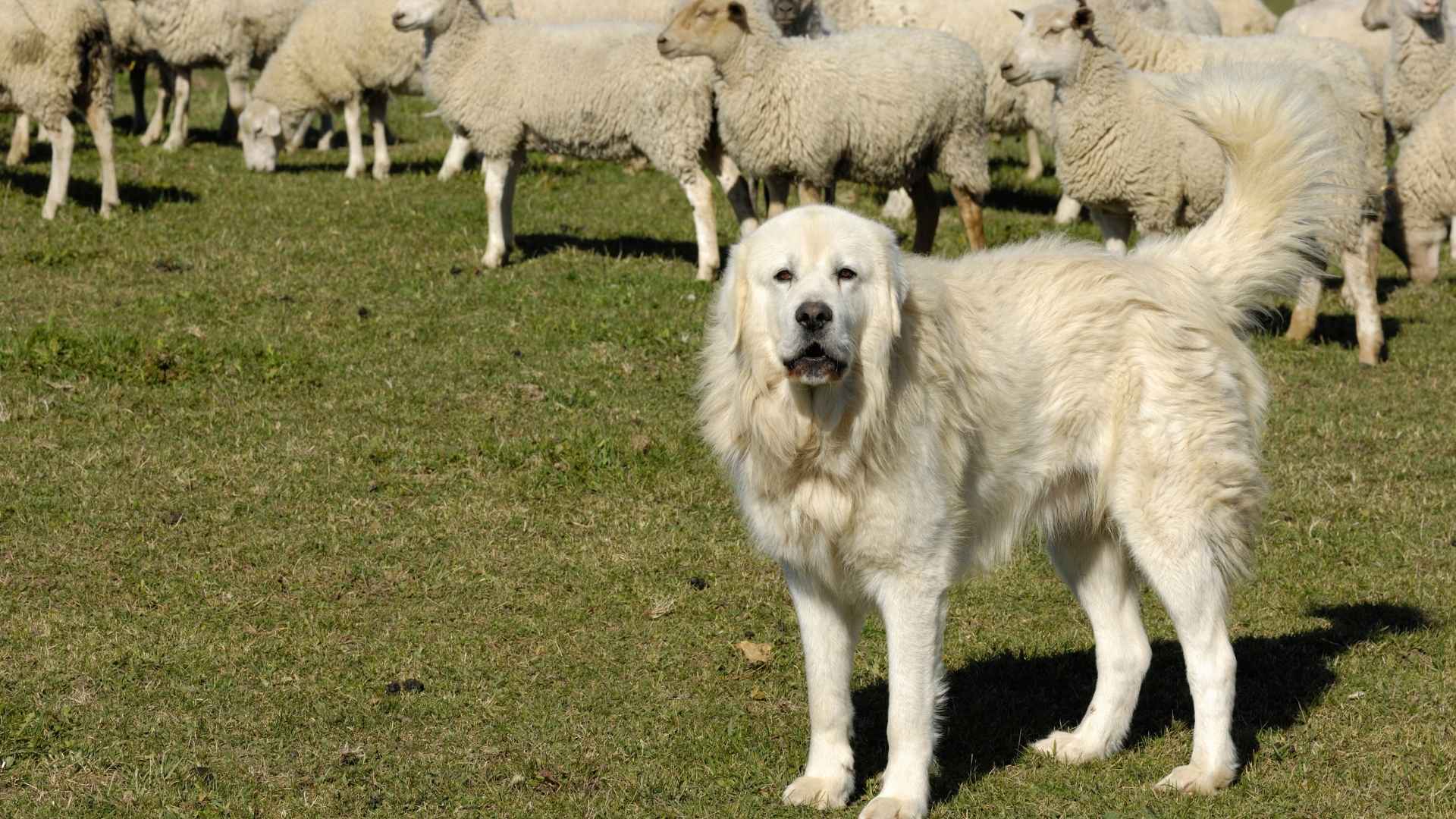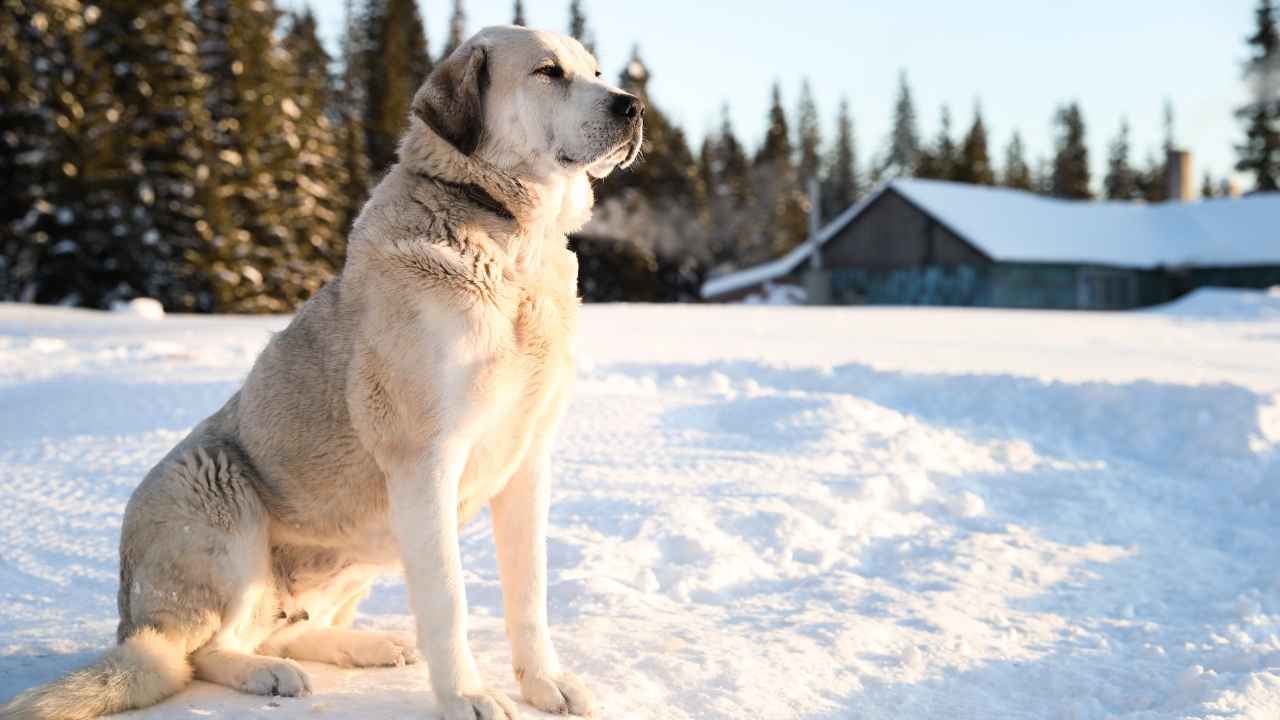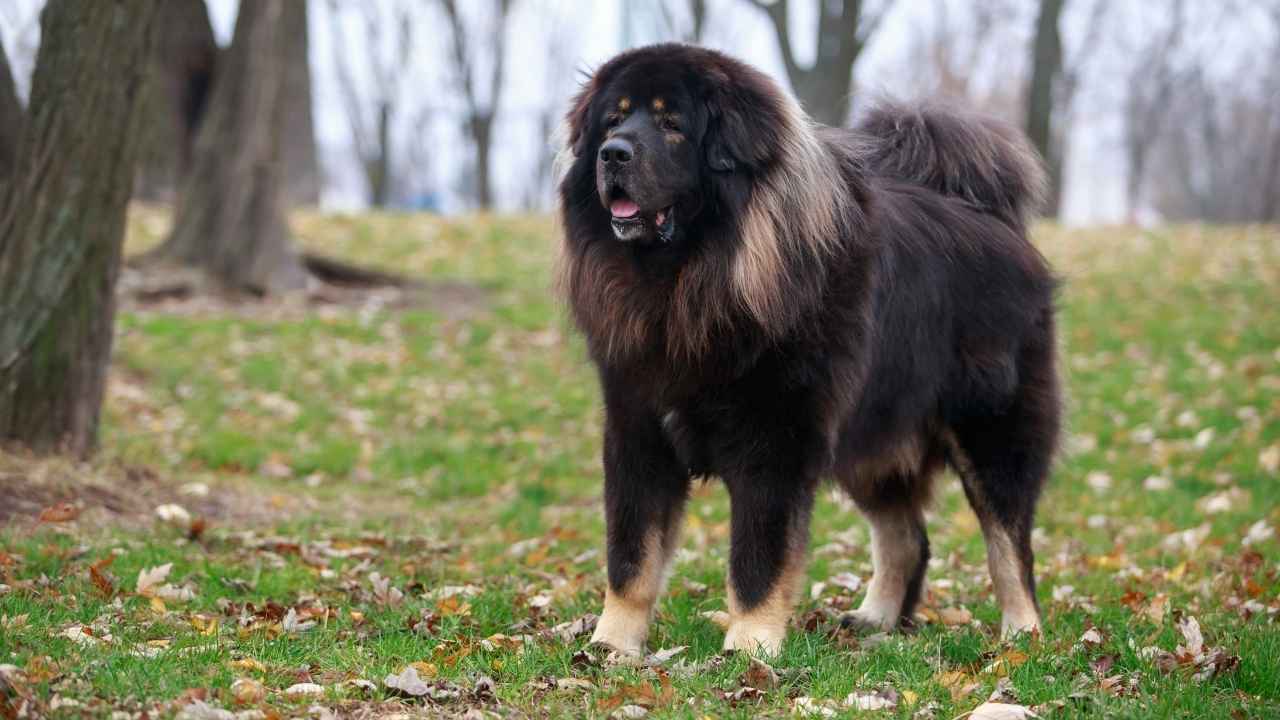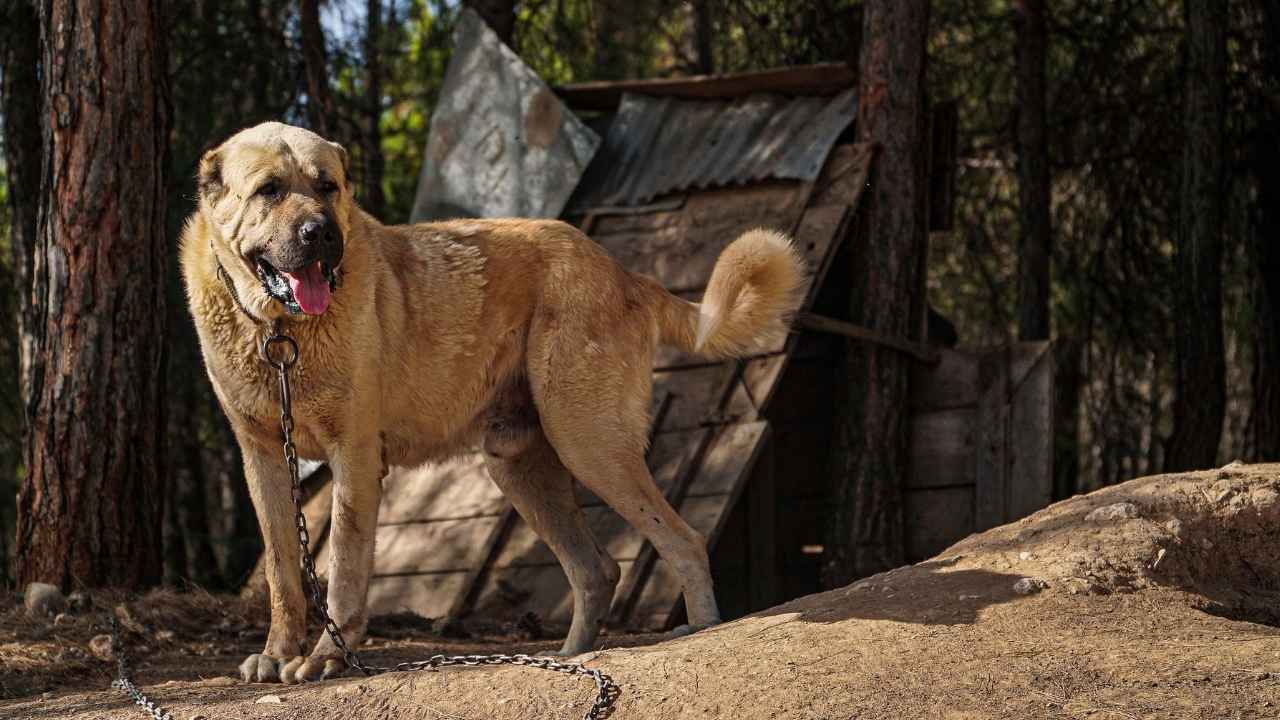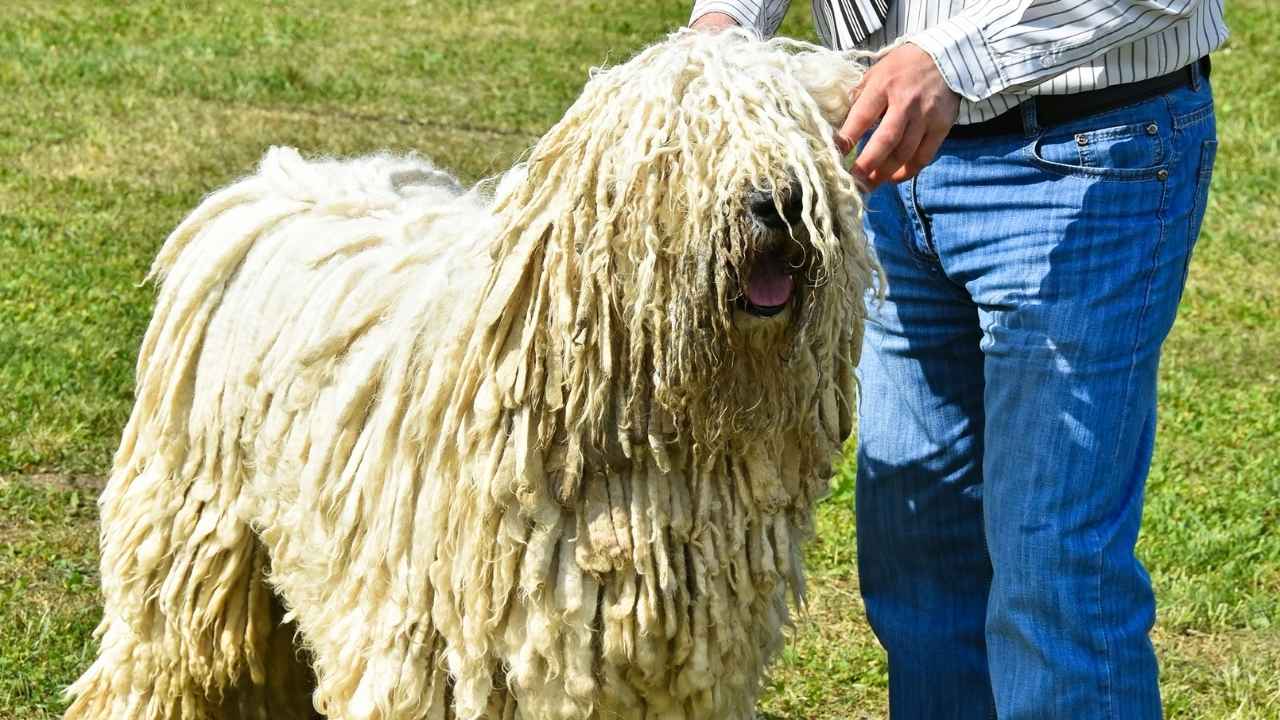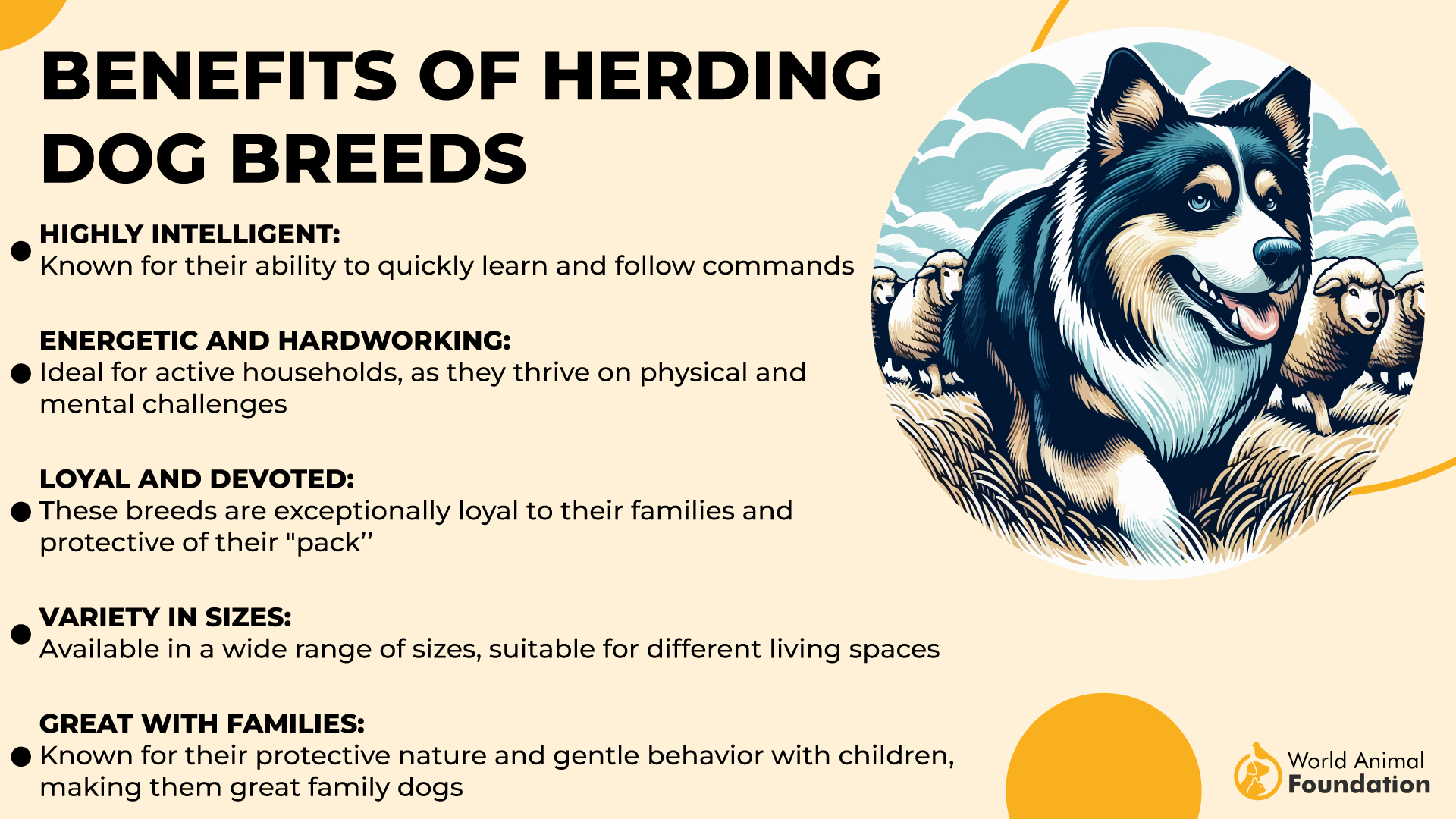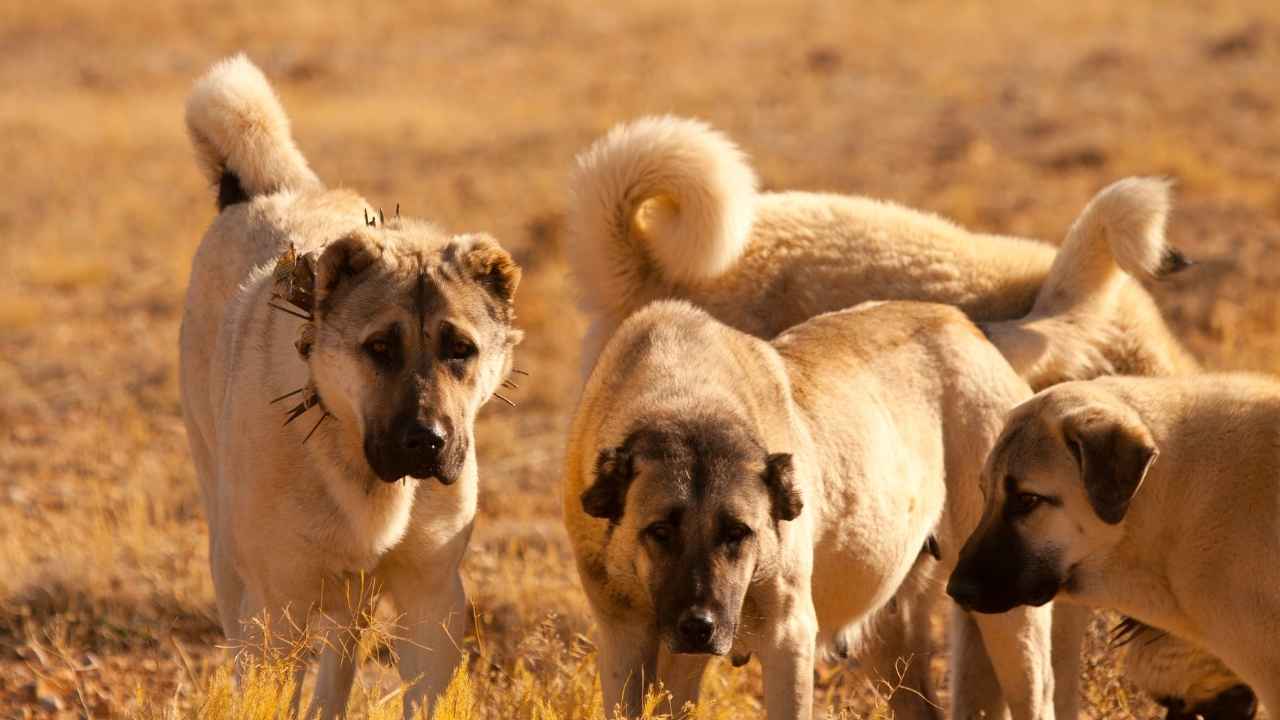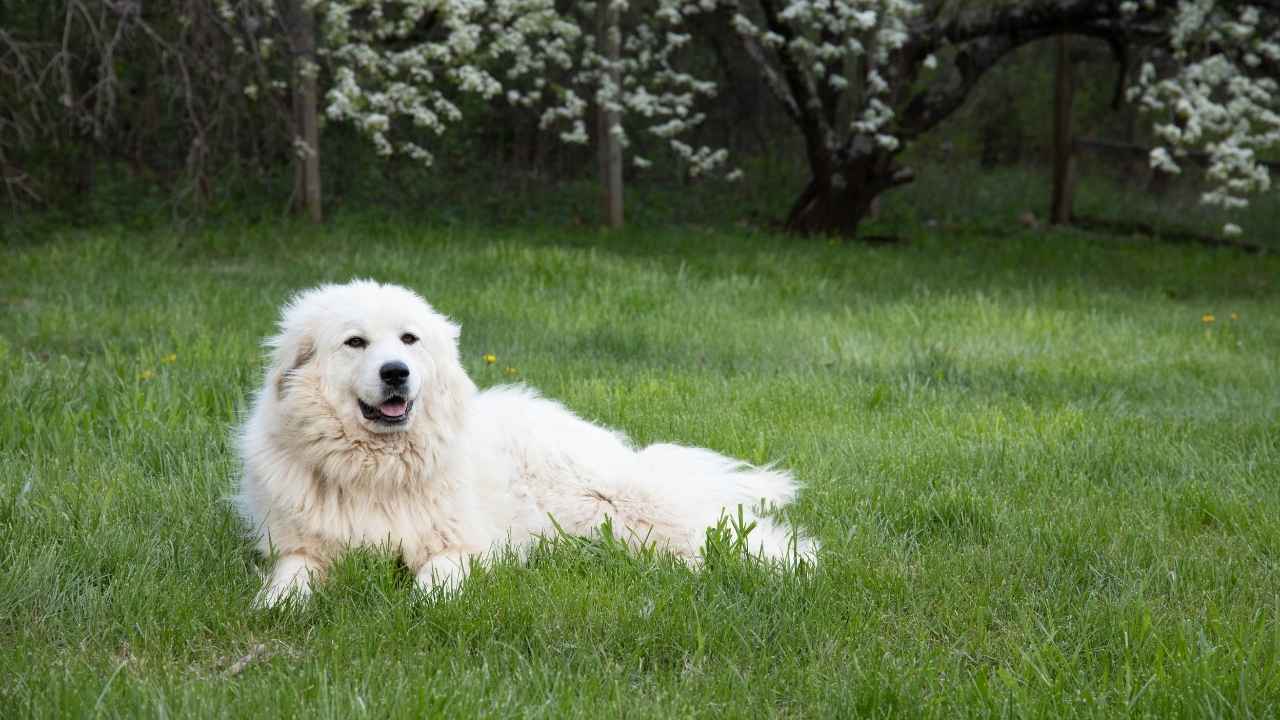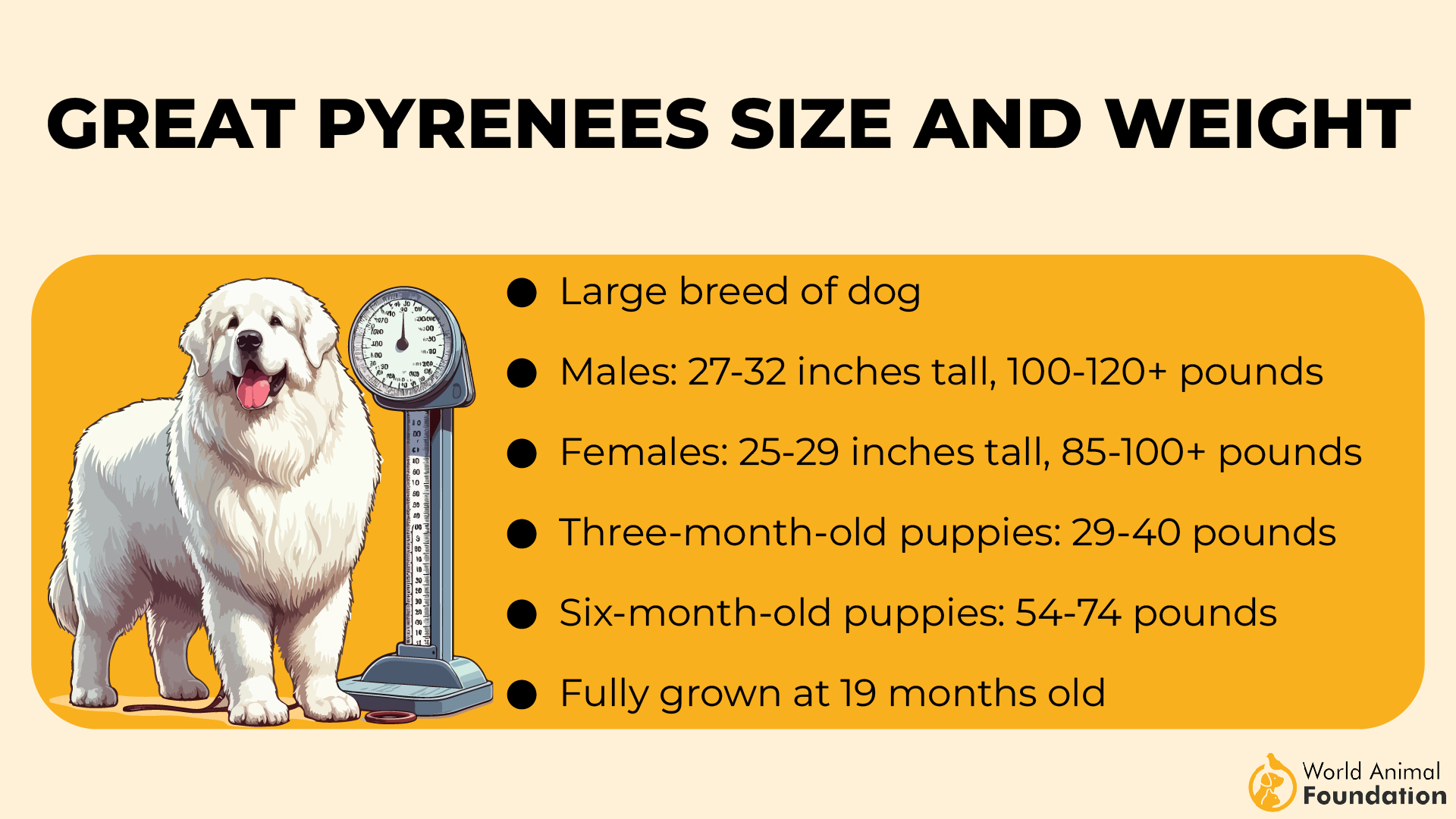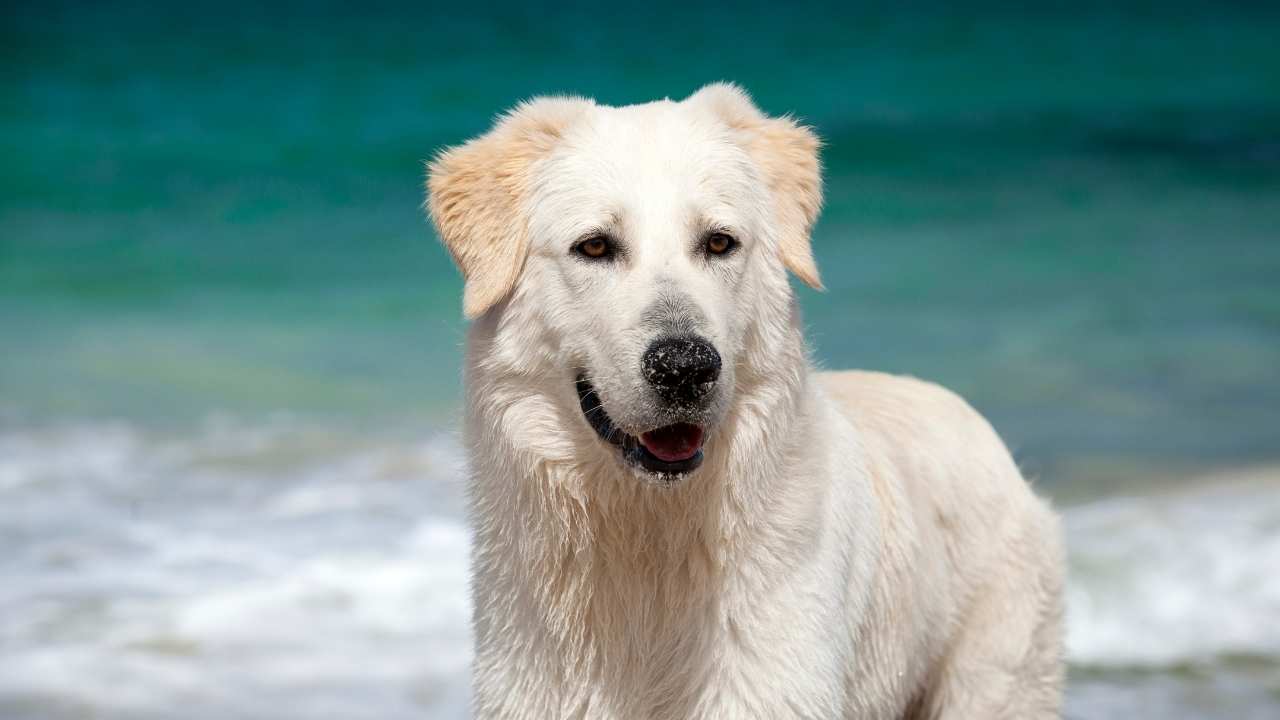Guard dogs have long been an essential part of livestock management, providing invaluable protection against predators and ensuring the safety of herds. In the realm of goat farming, where vulnerability to threats like coyotes, foxes, and other predators is ever-present, the choice of a skilled guard dog can mean the difference between security and loss. This guide delves into the seven best guard dogs renowned for their protective instincts, intelligence, and loyalty. Whether you’re seeking to enhance herd safety or streamline your farm’s operations, these dogs offer unmatched companionship and defense for your goats and livestock.
Livestock Guardian Dogs (LGDs) are a remarkable group of working dogs specifically bred to protect livestock from predators. For generations, farmers and ranchers have relied on these dogs to safeguard their animals, using their natural instincts and unwavering loyalty to keep herds safe.
While LGDs are often large and powerful, their approach to guarding is strategic. They defend their flocks by marking their territory, barking to disrupt potential threats, and, when necessary, directly confronting predators.
Whether it’s fending off roaming stray dogs or deterring more dangerous wildlife, these dogs create a protective boundary that keeps goats, sheep, and even chickens secure.
Now, let’s explore seven of the best guard dog breeds for goats and discover what makes them exceptional protectors.
Guard Dog for Goats
1. Akbash
The Akbash, originating from Turkey, is a highly capable livestock guardian dog (LGD) known for its all-white, sleek coat and impressive speed, agility, and stamina. The breed’s name, meaning “white head” in Turkish, perfectly reflects its signature appearance. Akbash dogs are particularly well-suited for guarding goats, as they were specifically bred to protect sheep and goats from predators like wolves and coyotes in their native homeland. With their strong protective instincts and natural territoriality, Akbash dogs are vigilant and devoted protectors.
Their large size and imposing presence alone can deter potential threats, but their loyalty and aggressive guarding behavior make them formidable against predators. Proper socialization is key for Akbash dogs to form strong bonds with their livestock, which they view as part of their territory. However, their protective nature can extend to being aggressive toward other dogs and highly defensive when guarding their herd.
Considerations
The Akbash requires consistent training and is best suited for experienced owners who can establish firm leadership. Without an authoritative owner, they may attempt to take on the leadership role themselves.
They are not ideal for homes with children and may exhibit food aggression. Their coat, whether short or long, sheds heavily and requires weekly brushing, with daily grooming during heavy shedding periods to prevent matting.
2. Tibetan Mastiff
Hailing from Tibet, the Tibetan Mastiff is a majestic livestock guardian dog (LGD) with a long history of protecting livestock, caravans, and properties. Originally bred in the Himalayas, they traveled with herders and traders, guarding against predators like wolves and snow leopards. With their imposing size and strong protective instincts, Tibetan Mastiffs are excellent guardians for goats and other livestock.
These dogs have a thick, luxurious coat that comes in various colors, including black, brown, and blue-grey. While they can be aloof with strangers and may not readily welcome unfamiliar visitors, they bond strongly with their families. Tibetan Mastiffs are particularly vocal at night, a trait that reflects their watchful nature. Over time, breeding has softened their demeanor, making them calmer and more people-oriented.
Considerations
Tibetan Mastiffs require moderate exercise and are adaptable to both cold and warm climates, thanks to their thick coats. PDSA points out that they respond well to positive training methods but are best suited for experienced dog owners due to their independent nature.
3. Turkish Kangal
The Turkish Kangal is a highly skilled livestock guardian dog (LGD), specifically bred to protect goats, sheep, and cattle from predators. With their strong guarding instincts, loyalty, and protective nature, Kangals are perfectly suited for the role of safeguarding herds. Their dense double coat, designed to withstand extreme Anatolian winters and scorching summers, provides both insulation and protection from the elements while being tough enough to resist wolf bites.
Kangals are naturally territorial and fiercely protective of the animals within their care. Their large size and imposing presence serve as an effective deterrent to predators, and their heightened alertness allows them to quickly identify and respond to threats. Despite their strong protective instincts, Kangals are gentle with the livestock they guard, making them an excellent choice for goats and other herd animals.
Considerations
Kangals require proper training and early socialization to ensure they guard effectively without unnecessary aggression toward humans or other animals. Their strong-willed nature makes them best suited for experienced owners who can provide consistent leadership. Kangals need a large, secure area with plenty of space to patrol and protect their flock.
4. Komondor
The Komondor is a powerful livestock guardian dog, specifically bred to protect animals like goats and sheep. Known for their natural protective instincts and independence, Komondors are fearless defenders of their herds, capable of taking on predators with confidence. Their iconic thick, corded coat not only provides protection from harsh weather but also helps them blend seamlessly into the flock, making them an effective and stealthy guardian.
Vigilant and steady, Komondors remain calm when no danger is present but will spring into action to defend their livestock when necessary. Their size, temperament, and ability to make independent decisions make them well-suited for guarding goats and other livestock.
Considerations
Komondors are affectionate with their families but may not be as tolerant of children or other dogs. They have high energy levels and thrive with regular training and exercise to channel their protective nature effectively.
According to WebMD, their long, corded coat requires significant grooming to prevent matting. The cords begin forming around 9-10 months and need careful maintenance to keep them clean and healthy.
5. Anatolian Shepherd
Originating from Turkey, the Anatolian Shepherd is a powerful livestock guardian dog easily recognized by its short yellowish-brown coat, black facial “mask,” and signature curly tail. In the U.S., these dogs are commonly used to guard cattle on expansive pastures or open ranges, requiring minimal supervision. Calm and observant, they are natural protectors of their herds, combining intelligence with unwavering loyalty.
Bred to thrive outdoors, Anatolians have a thick undercoat that protects them from harsh winters and scorching summers. While their coat is typically short, Purina states that some Anatolians may have a slightly longer outer coat. Weekly brushing is sufficient for grooming, though owners should be prepared for seasonal shedding of the undercoat twice a year.
Considerations
Anatolian Shepherds are independent and territorial, traits that make them highly effective against predators but can also lead to aggressive behavior toward intruders, whether human or animal. Young Anatolians may display overly playful behavior around livestock due to their slower maturity compared to other LGD breeds.
They are loud barkers and need plenty of space, making them better suited for rural properties. These dogs require a strong and confident leader who can manage their demanding nature and channel their instincts effectively.
6. Great Pyrenees
The Great Pyrenees, originating from the Pyrenees Mountains between France and Spain, is one of the most beloved livestock guardian dog breeds. Known for their calm, gentle demeanor, they are excellent protectors for goats, sheep, and even their human families. Rather than attacking predators, they rely on their imposing size and deep, commanding bark to deter threats, making them effective, non-aggressive guardians.
Easily recognizable by its solid white coat, the Great Pyrenees is often called the “big white dog” of LGDs. Their thick, double coat is perfectly suited for cold climates, keeping them warm in winter and cool in summer. While they shed heavily in the spring, regular brushing and occasional trimming of mats or debris are usually all they need to stay well-groomed.
Considerations
According to AKC, Great Pyrenees are independent thinkers, bred to work autonomously while protecting livestock. This means they may not respond enthusiastically to traditional obedience training, as they see little value in repetitive commands like sitting or heeling.
They often patrol at a distance from their herd to keep a broader view of the area, a trait that some owners find challenging. Secure fencing is essential to prevent wandering.
7. Maremma Sheepdog
The Maremma, originating from Central Italy, is a dedicated livestock guardian dog with a striking resemblance to the Great Pyrenees. Their thick, white coats may feature occasional pale orange or yellow markings, making them both functional for the outdoors and visually distinctive.
Despite being called the Maremma Sheepdog, this breed is highly versatile and protects various livestock, including goats, chickens, pigs, and cattle. Unlike some guardian breeds, Maremmas stay close to their flock, providing consistent protection. Known for their calm and composed demeanor, they are most active at night, ready to bark or charge at any threat to shield their herd.
Considerations
Maremma dogs are not the most social with humans, especially strangers, but they are not typically aggressive. Their instincts and independence make them ideal for rural environments but unsuitable for suburban or small properties.
Their dense, heavy coat requires regular brushing to manage shedding. Keeping them active and engaged is essential, as they thrive when they have a purpose and a job to do.
Conclusion
Guarding goats requires a unique set of traits, and the livestock guard dog breeds featured in this article, such as the Maremma, Komondor, and Kangal, excel in livestock protection. These working dogs have been bred for centuries to guard livestock against most predators, including wolves and even bears while remaining calm and gentle with their herds. Their natural instincts, paired with proper training and a good fence, make them invaluable allies for farmers managing goats and other farm animals.
While this list focuses on specialized guardian dog breeds, other dogs like the Border Collie, a herding dog, and Hungarian Sheepdog are also popular working dogs on sheep farms and among farmers for their unique characteristics. Although not all are suited to guarding livestock, some companion dogs and large dogs share traits that make them protective and loyal.
Whether you’re dealing with wild boar or stray dogs, choosing the right dog breed ensures your farm and goats are safe while fostering a bond between these powerful dogs and the animals they protect.
In conclusion, selecting the right guard dog for goats and herd safety is crucial for protecting livestock from predators and ensuring the well-being of animals. By considering factors such as temperament, size, and suitability for farm life, one can choose from breeds like Great Pyrenees, Anatolian Shepherds, and Maremma Sheepdogs, among others. These breeds have proven their effectiveness in safeguarding herds, offering both loyalty and vigilance. Investing in a suitable guard dog not only enhances security but also brings peace of mind to livestock owners, ensuring that their herds remain protected in various environments.

